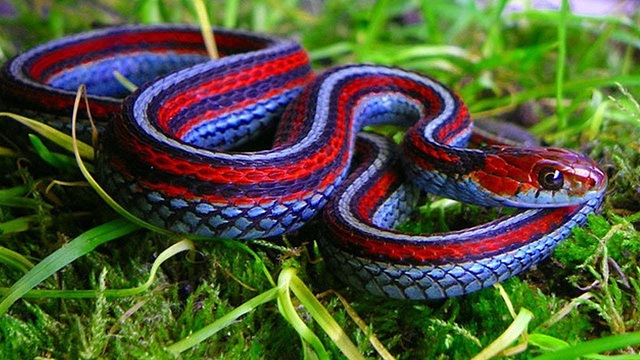
The Sunday News

Joel Tswaki, Sunday Life Reporter
NATURAL History Museum Herpetologist Sheila Broadley demystifies the African myth of regarding the love of animals in particular snakes as witchcraft.
She described this perception as weird and backward. Broadley, the only female herpetologist in the African continent made the remarks following an inquiry by Sunday Life about the importance of studying and preserving specimens of reptiles, amphibians and snakes in particular.
“We do research on snakes to find out, how they live, eat, behave reproduce and their habitats.”
She reiterated that research on snakes was done to determine their categories, composition of their venom and the major characteristic of snakes is their fangs.
“There are Front fanged which are less dangerous, Rear (Back) fanged like the Boomslang and Vine snakes which are the most dangerous to people. Non-fanged which include the pythons and house snakes which are not dangerous to people, lastly there are Blind snakes and worm snakes, too small to be dangerous,” said Broadley.
She said in Zimbabwe there are 78 snake species and out of these only 12 are venomous.
“As a result research of snakes gives us this valuable stock of knowledge. For example we are now knowing which snakes are dangerous to humans like the cobras, mambas, boomslang and vine snakes.
“Also research is important because it makes us discover the extent of the venom composition of varying snakes, for example the boomslang and vine snakes causes both internal and external bleeding,” she added.
The study and keeping of snakes enables comparative studies to similar species which develops slight difference because of different geographical locations.
Broadley, widower of the internationally acclaimed herpetologist Dr Donald Broadley said that people should appreciate the love for keeping snakes as it is an integral part to humans especially in the field of medicine.
“Some venoms from snake species are used to make medicines to treat diseases like cancer”.
She added: “We can, for example, keep lots of black mambas and milk their venom so as to produce various medical remedies which are essential to people,”.
Broadley who is worried by lack of appreciation of Hepatology in the country as a result of deep-rooted cultural myths cited an example of a boy who was banned to keep house snakes by his parents.
The Natural History Museum in Bulawayo is the first and rated the best in its immense collections of varying animal species of the Sadc region.



